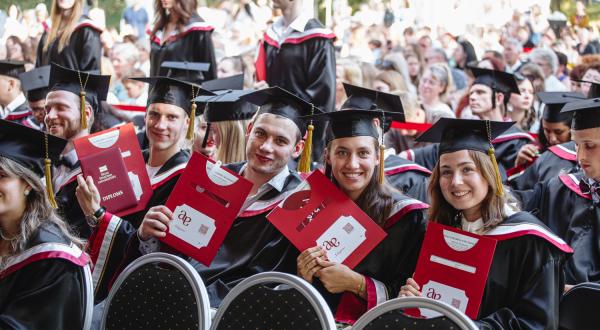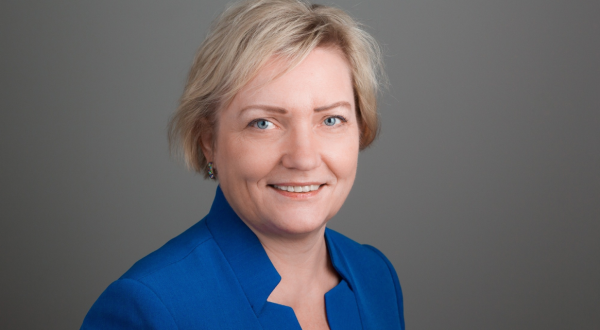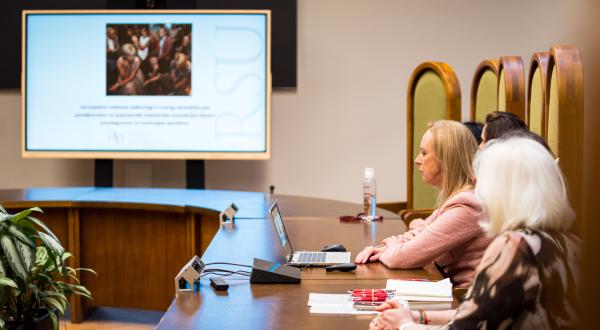Intersections: Politics, Narratives, Perceptions
The primary focus of this research group lies in examining the interplay between policy formation, its communication both domestically and internationally, and societal perceptions, including those within the entrepreneurial community. Thematic directions are being developed within the group's framework. Presently, the most expanded area of research pertains to climate change and energy. However, there are plans to extend into thematic areas such as the environment and sustainability, sustainability within healthcare and education, as well as consumer habits and behaviour.
Group members
- Political Science: International Relations, European Studies, Strategic Communication and Perception, Political Sociology, Narrative Analysis
Acting Researcher, Faculty of Social Sciences
Academic Staff, Faculty of Social Sciences
- Political Science: International Relations, European Great Powers Studies, Political Elite, Political Communication, Political Marketing, Domestic Policy Research
- Management Science: International Business and Marketing, Brand Creation and Management, Consumer Behavior, Sustainable Development
- Rural Sociology, Cultural Sociology, Medical Sociology
- Qualitative Research Methods, Energy Poverty
- Green Transition in Healthcare
Educational Work Organiser, Faculty of Social Sciences
Acting Researcher, Faculty of Social Sciences
Doctoral student
- Education Sociology (Socialization and Studies in the Digital Environment)
- Chemistry (Environmental and Energy Directions, Biochemistry, etc.)
- Qualitative and Quantitative Research Methods in Social Sciences, including data processing with SPSS, R, Python, NVivo, corpus analysis, etc.
Doctoral student, Faculty of Social Sciences
Social research services coordinator, Social Sciences Research Centre
- Sociology, Youth Sociology, Addiction Prevention in an Adolescent Group, Deviance
- Qualitative and Quantitative Research Methods in Social Sciences
- Contemporary motherhood and mediatization, the discourse of everyday life, social media, social networking sites
- Qualitative and quantitative methodology – deep interviews, netnography
Thematic direction: climate and energy
The research group conducts studies on the formulation and implementation of climate and energy policies, climate and energy communication, as well as societal perceptions of climate and energy issues, by examining various interactions between climate and energy policies, narratives, and perceptions. The focal point of the research is the so-called green transition (including the European Green Deal) and its possibilities and limitations in implementation (political, economic, cognitive, psychological, etc.), particularly in the context of Russia’s full-scale war in Ukraine. The research proposes recommendations for policymakers aimed at improving the formulation of climate and energy policies, communication, and societal engagement.
Research projects
Current research projects
01.04.2025–31.03.2028
EU Decarbonisation in Times of Crises: Exploring Social Innovations and Enhancing an Equitable Twin Transition (Horizon)
02.2024–02.2026
Climate Neutrality Decision Models in Action (VPP-KEM-Klimatneitralitāte-2023/1-0002)
01.2024–12.2026
GreenCare: Socially responsible green transition: enhancing governance solutions to empower Homo Climaticus in the healthcare sector (FLPP, lzp-2023/1-0341)
11.2021–03.2025
WELLBASED: Improving health, wellbeing and equality by evidence-based urban policies for tackling energy poverty (Horizon2020)
- Completed research projects
01.2021–12.2023*
the project has been extended until December 2024 to achieve project’s communication and dissemination goals
CLINAP: From indifference to making difference in climate policy: improving the interaction between political narrative and societal perceptions in Latvia (FLPP, lzp-2020/1-0047)06.2023–12.2023
The energy trilemma in the Baltic Sea Region: a methodology for an index assessing the discursive environment of energy security, energy equity and environmental sustainability (Baltic-German University Liasion Office, 2023/6)04.2022–03.2023
Socio-economic context assessment of food waste generation in Latvia (RSU grant, 6-ZD-22/2/2022)
07.2020–07.2021
Climate Change Narrative in Latvia: Searching for “Golden Opportunity” for Civil Society, Economy, and Foreign Policy (RSU grant, RSU/PP/2020-05)
Publications
- 2024
- 2023
- Blumfelde-Rutka, K., 2023. "European Green Deal: The Transformation of Consumer Behaviour and Business Marketing Communication as Opportunities to Increase Consumer Involvement in the Sorting of Waste in Latvia". Studia Europejskie - Studies in European Affairs, 27(1), 163-176
Link: https://doi.org/10.33067/SE.1.2023.8 - Kleinberga, V., Palkova, A., & Dace, E., 2023. "How to recognise the inevitable: Latvian media narratives on climate change". Environmental Development, 45, [100816]
Link: https://doi.org/10.1016/j.envdev.2023.100816
- Blumfelde-Rutka, K., 2023. "European Green Deal: The Transformation of Consumer Behaviour and Business Marketing Communication as Opportunities to Increase Consumer Involvement in the Sorting of Waste in Latvia". Studia Europejskie - Studies in European Affairs, 27(1), 163-176
- 2022
- Blumfelde-Rutka, K., Kleinberga, V., & Dace, E., 20 June 2022. "Constructing thirst for low-carbon transition: an insight into Latvia’s business narratives". Poster session presented at Energy and Climate Transformations: 3rd International Conference on Energy Research & Social Science, University of Manchester, United Kingdom
Link: https://science.rsu.lv/en/publications/constructing-thirst-… - Kleinberga, V., 2022. "Global, Not Yet Local: Media Coverage of Climate Change and Environment Related Challenges in Latvia". Information & Media, 93, 8-27
Link: https://doi.org/10.15388/Im.2022.93.58 - Metla-Rozentāle, L., Kleinberga, V., Žaunerčika, K., & Sprūds, A., 2022. "Reflection of the EU Climate Policy Strategic Narrative in the Programmes of Latvian Political Parties - External Convergence and Influence on Shaping Public Opinion". Energies, 15(9), [3049]
Link: https://doi.org/10.3390/en15093049
- Blumfelde-Rutka, K., Kleinberga, V., & Dace, E., 20 June 2022. "Constructing thirst for low-carbon transition: an insight into Latvia’s business narratives". Poster session presented at Energy and Climate Transformations: 3rd International Conference on Energy Research & Social Science, University of Manchester, United Kingdom
- 2021
- Ziemele, J., Talcis, N., Osis, U., & Dace, E., 2021. "A methodology for selecting a sustainable development strategy for connecting low heat density consumers to a district heating system by cascading of heat carriers". Energy, 230, 120776
Link: https://doi.org/10.1016/j.energy.2021.120776 - Kleinberga V., 2021. "On its path to become ‘North European’: political climate change narrative in Latvia". Australian and New Zealand Journal of European Studies, 12(3), 24–34
Link: https://www.esaanz.org.au/wp-content/uploads/2021/02/On-its…
- Ziemele, J., Talcis, N., Osis, U., & Dace, E., 2021. "A methodology for selecting a sustainable development strategy for connecting low heat density consumers to a district heating system by cascading of heat carriers". Energy, 230, 120776
Intersections: Politics, Narratives, Perceptions
Related news
 RSU Alumni Association reflects on 2025 – a diverse, productive, and community-driven year RSU Alumni, For Students
RSU Alumni Association reflects on 2025 – a diverse, productive, and community-driven year RSU Alumni, For Students Professor Romans Lācis celebrates 80th birthdayAnniversaries
Professor Romans Lācis celebrates 80th birthdayAnniversaries Donations as future investment. How RSU Foundation builds sustainable support for studentsRSU Alumni, For Students
Donations as future investment. How RSU Foundation builds sustainable support for studentsRSU Alumni, For Students When learning turns into collaboration: birthday conversation with Prof. Tatjana KoķeAnniversaries, RSU History
When learning turns into collaboration: birthday conversation with Prof. Tatjana KoķeAnniversaries, RSU History










